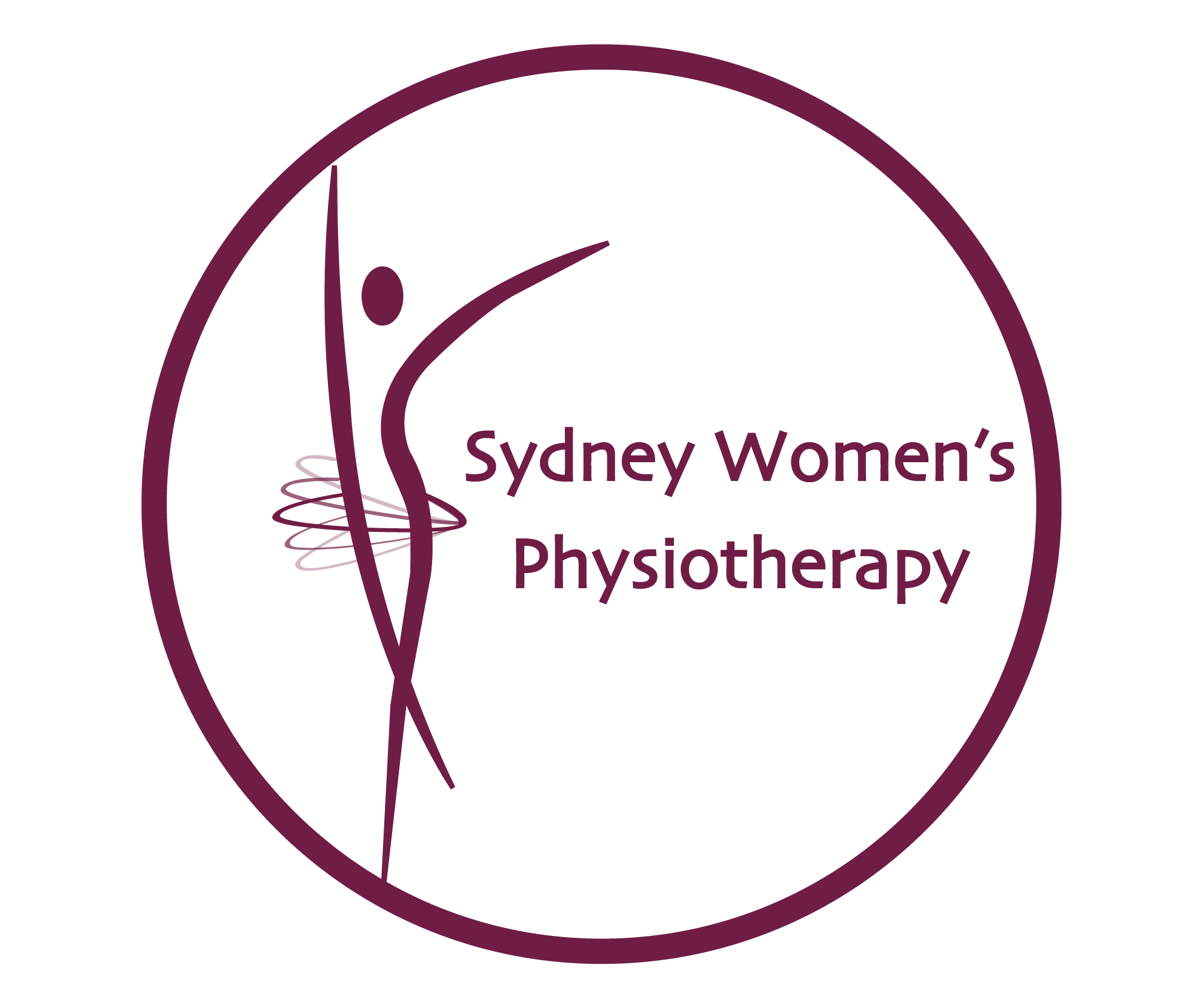Children’s Bowel Health
Bowel health concerns in children
Normal bowel health in children includes passing a soft stool anywhere between three times per day to once every three days. However, children may experience constipation or faecal incontinence at some point of their life.
Constipation may present as: a reduction in the frequency of passing stools; pain with passing stools; large and hard bowel movements; or a presence of smearing, soiling or faecal incontinence.
Faecal incontinence (Encoporesis) is the loss of faeces outside of the toilet (including skid marks). For a child to be considered faecally incontinent, they must be 4 years or older and experience a loss of stool at least once per month for six months.
Your child may also experience wind (flatus) incontinence.
What factors may contribute to constipation in children?
- Reduced fluid intake and/or a low fibre diet
- Reduced physical activity
- Withholding from the toilet
- Sensory processing conerns
- Change in routine
- Medications
- Slow colonic transit
- Rectal or anal trauma
- Genetics
- Poor pelvic floor awareness
- Pelvic floor muscle overactivity
- Tight abdominal wall
- Postural weakness
What factors may contribute to anal incontinence in children (faeces and wind)?
- Constipation
- Weak external or internal anal sphincters
- Neurological conditions
- Withholding from the toilet
- Change in routine
- Poor pelvic floor awareness
- Poor core strength
Conditions we treat:
- Faecal or flatus incontience
- Chronic constipation
- Abdominal pain related to constipation
- Post surgical pelvic floor rehabilitation for Imperforate Anus
- Levator Ani Syndrome
- Dyssynergic defecation / paradoxical puborectalis
How can Pelvic Connections help manage bowel health concerns in children?
Physiotherapy is an effective treatment option for the management of bowel health concerns in children and the team at Pelvic Connections have undergone extensive training to provide a high level of care to their patients. Each treatment approach is individualised and tailored to meet the patient’s needs and the cause of their symptoms. Treatment may include – education; management of constipation; addressing toileting fears; pelvic floor, core and postural exercises; education regarding toileting positions and techniques; development of toileting routines; encouraging appropriate fluid and fibre in the diet and more!
Please note: We do not perform internal examinations on children. All examinations and treatment of the pelvic floor will be performed via real-time ultrasound or externally.
The Physiotherapists Treating Children’s Health


